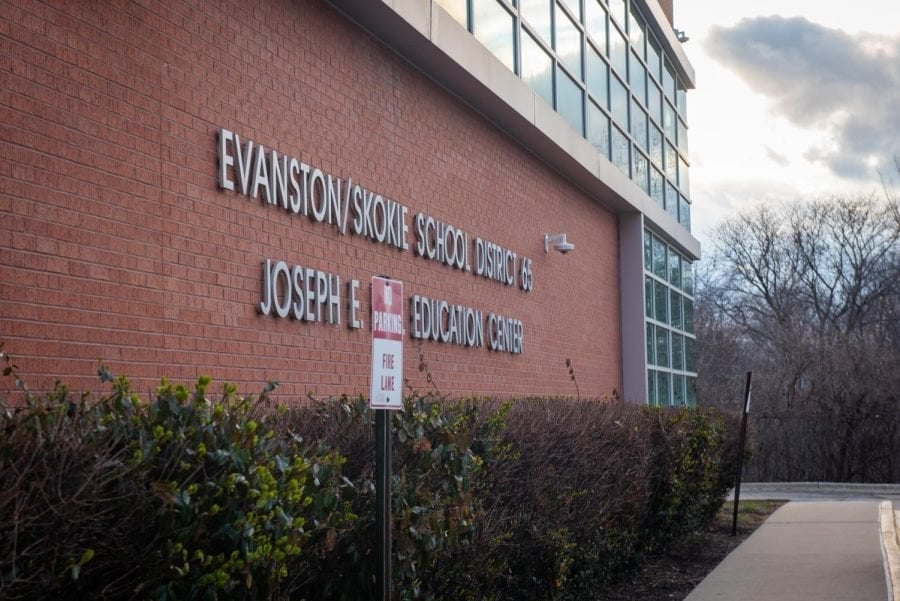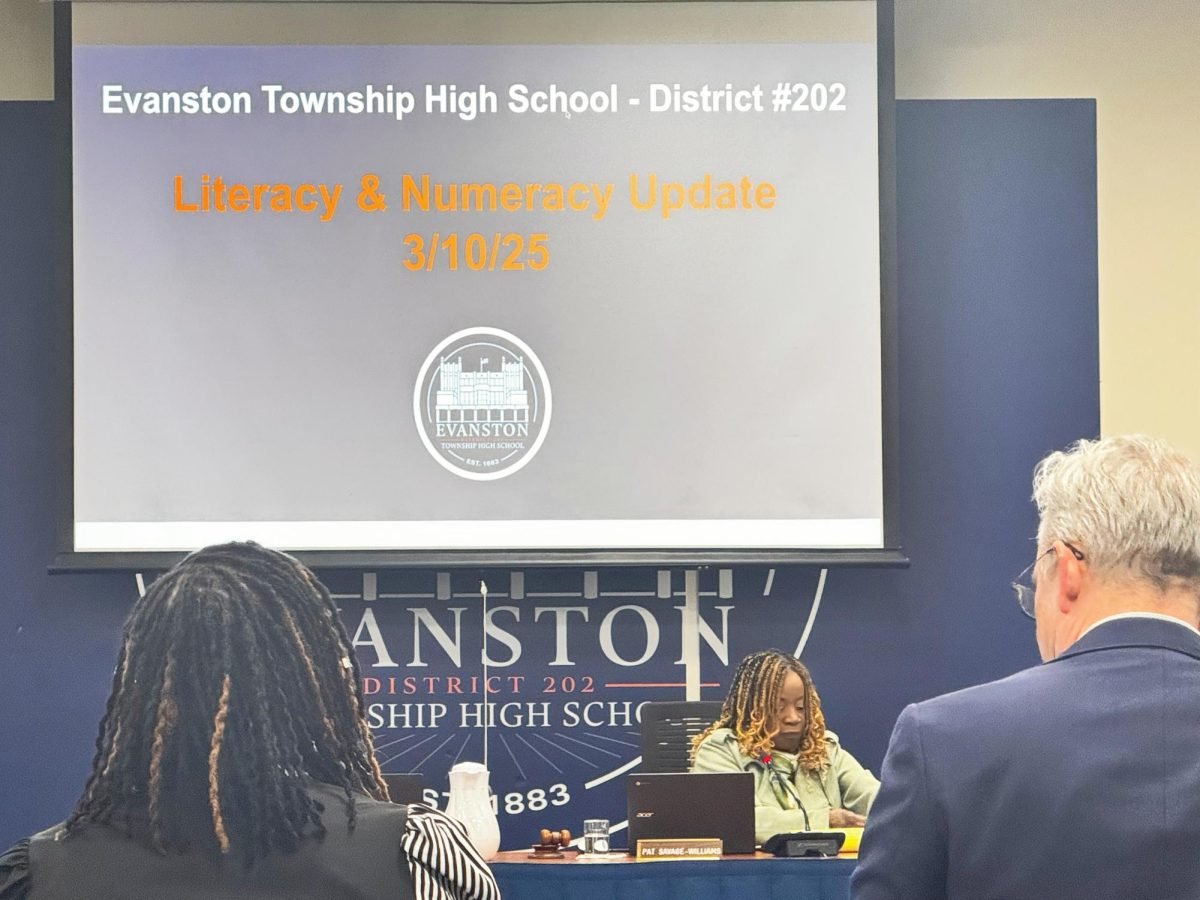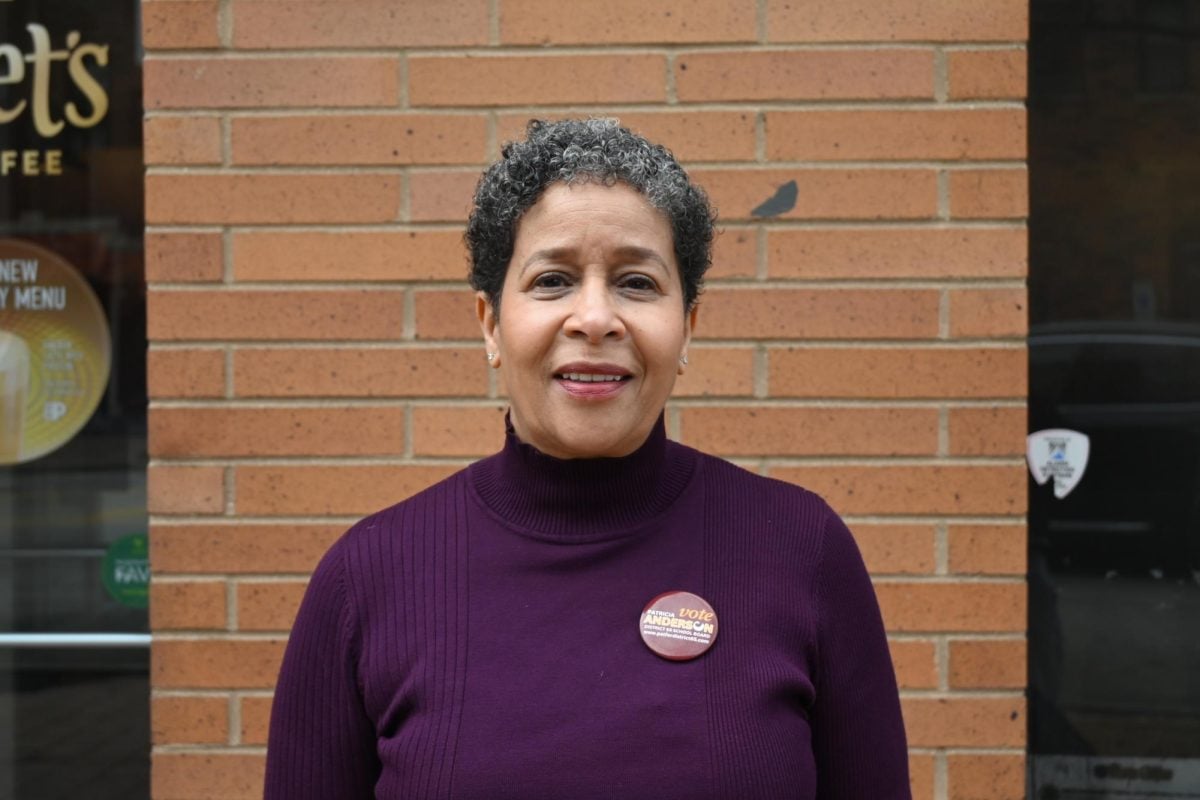Evanston/Skokie District 65 will look to a long-standing survey partner to assess the district’s teacher evaluation system.
A $73,132-a-year contract with ECRA Group, Inc., passed in a consent agenda vote during Monday night’s board meeting at the Joseph E. Hill Education Center. Later in the meeting, the board approved another agreement with ECRA to survey teachers, parents and administrators to determine strategic planning initiatives.
Since a November school board meeting drew more than 180 people, D65’s quest to revise its teacher appraisal system implemented during the 2009-2010 school year has taken several turns.
Teachers won a reprieve from a revised evaluation system in December, when superintendent Hardy Murphy announced the district would delay this school year’s planned implementation of the new system.
In January, Murphy backtracked on his recommendation to work with union District 65 Educators’ Council to accelerate implementation of the Performance Evaluation Reform Act, a state law mandating changes in teacher and principal evaluations.
Murphy originally planned to formally set up a joint committee that would give DEC and D65 180 days to reach a consensus on an evaluation system, with student growth as a major component. Failure to agree would have resulted in adopting an Illinois State Board of Education evaluation model.
DEC president Jean Luft said Monday she was disappointed in Murphy’s decision to backtrack because implementing the state law now would ensure the district’s appraisal system met all of the state requirements, rather than adopting a system that doesn’t meet all those requirements. The joint committee mandated by the law also gives both DEC and D65 control over what goes into the system, Luft said.
“As it stands now, (D65 officials) can implement anything they want. But if we do PERA, we have the right to default to the state plan,” Luft said. “It kind of encourages us to come to more consensus.”
District administrators and DEC have now agreed to use ECRA to address any concerns in advance of the new system’s implementation. This school year, the new system is running in parallel with the current system though the district still uses the latter to evaluate teachers.
Both the current and recently revised models determine teacher ratings using student growth and professional practice ratings.
The new system places students into one of four categories — college and career readiness, grade level, below grade level and the lowest quartile — and uses a fifth category to assess overall classroom growth.
In the past, teachers questioned whether the new system can provide a fair evaluation when there are few students in a particular category or when there are special education students in the classroom.
Through June 2014, ECRA will review and provide consulting to improve the student growth model. ECRA will also have access to student testing data to conduct individual student growth analysis, according to the letter of agreement.
As D65 follows a much more informal path to revising teacher performance evaluations, Luft said she has already met with ECRA representatives and believes they have “a good statistical method.”
“We’re hoping for the best that we can work with them to develop something that is fair and equitable for our teachers,” she said.



















